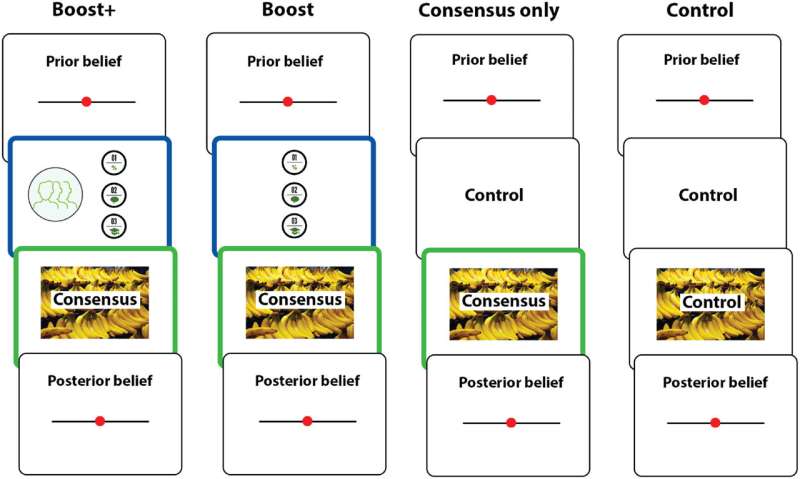Fig. 1. Overview of conditions across the experiments. Credit: DOI: 10.1177/09567976211007788
Anyone who has the wrong idea about genetically modified foods is more likely to change their beliefs when they are told that scientific consensus tells a different story. The impact may be even more effective if the person is also given an explanation about how scientific consensus works. This was revealed in a research study that was carried out by Radboud University communication scientist Aart van Stekelenburg, which was published in Psychological Science on September 17, 2021.
Van Stekelenburg and his colleagues conducted research among Americans who had misconceptions about climate change and genetically modified food. "These people thought that genetically modified food was unsafe and that climate change was not caused by humans. However, neither of these perceptions are consistent with the overwhelming scientific evidence," says communication scientist Aart van Stekelenburg.
"It now seems that it helps if we explain to people who have misconceptions about genetically modified food that there is consensus in science. To give an example, we allowed these people to read a news item about genetically modified food and we saw that when the scientific consensus was emphasized, they actually changed their beliefs."
Consensus infographic
Van Stekelenburg and his colleagues also helped the participants to find out for themselves whether certain facts were true, in accordance with scientific consensus. They explained to the participants how scientific consensus works and how it can be identified. Over the course of three experiments, the participants were shown an infographic that used this "consensus strategy," so that they could ascertain what was true and what was not true.
"We showed this infographic together with a news item in which the scientific consensus had already emerged. In the case of genetically modified food, it worked even better when people were simultaneously informed of the facts and given an explanation about how scientific consensus works. When it came to reports about climate change, the results were less clear, which is why we're not so sure whether this strategy would be so helpful when informing people about this topic."
Van Stekelenburg believes that this may be because the level of trust in climate scientists in the US is lower that the level of trust in biomedical scientists. "It may be that because there is less trust, the emphasis on consensus among climate scientists has also had less influence on the convictions of climate naysayers."
Message to the media
According to Van Stekelenburg, his research has clear implications for dealing with different beliefs about scientific topics in the media. "Take climate change, for example. A large proportion of climate scientists claim that it's a fact. However, the news rarely points out that there is a scientific consensus, and opposing opinions are often expressed. Some newspapers, such as The Guardian, have previously discussed the danger of this false balance."
More information: Aart van Stekelenburg et al, Boosting Understanding and Identification of Scientific Consensus Can Help to Correct False Beliefs, Psychological Science (2021). DOI: 10.1177/09567976211007788
Journal information: Psychological Science
Provided by Radboud University























